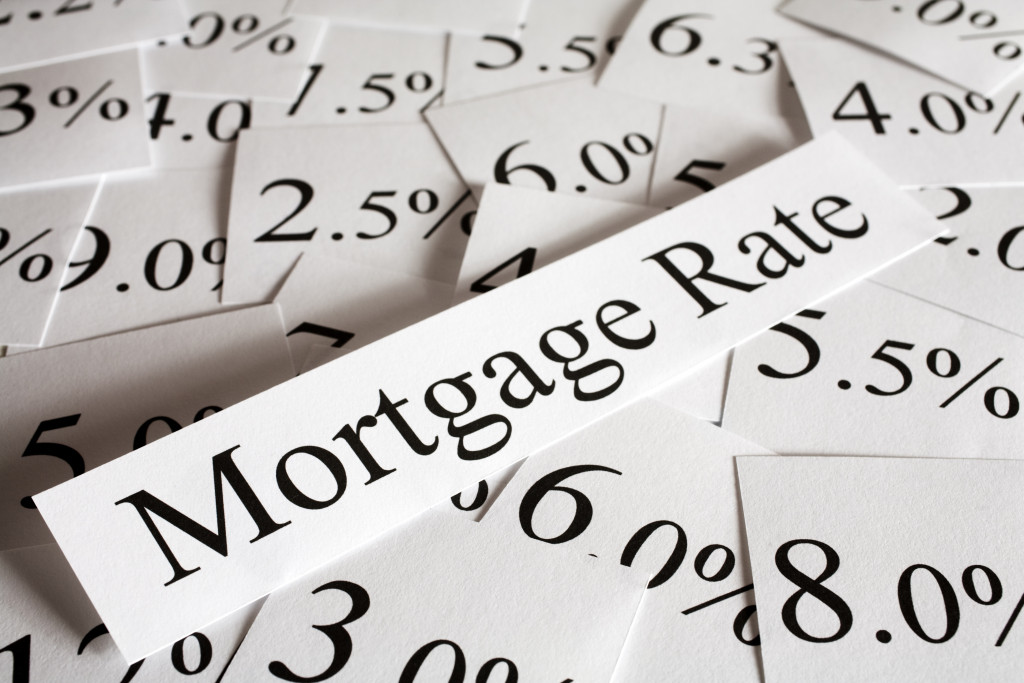Refinancing is the process of replacing your current mortgage with a new loan. Homeowners choose to refinance in an effort to reduce costs, obtain more competitive rates, or simply because their financial goals and situations are changing.
Here are common situations where refinancing your home may be the right step for you:
Interest rates have dropped
In most cases, home buyers consider refinancing once mortgage rates start dropping below their current loan rate. If you bought property during a time of higher interest rates, then technically, a new loan could reduce your monthly payment save you a sizable chunk of money. This varies for every home buyer, so it’s best to talk to your lender before making a decision.
While there’s no accurate way to forecast interest rates, it’s smarter to look at present figures instead of focusing all your energy on making vague predictions. Trusted mortgage companies recommend using a loan calculator and consulting with financial advisors to gain specific insights you might have missed.
In cases where rates stay the same but you expect a decrease in income, refinancing allows you to lengthen your loan term. This option can give you more time to pay off your loan, and save you from additional debt. For example, switching from a 20-year mortgage to a 30-year loan results to lower and more manageable monthly payments.
A boost in credit score
You might not be aware of it, but there’s a possibility that your credit score has gotten a significant boost over the years. As you move forward with your career and make more money, you are able to pay your bills on time and thus increase your credit score. This increase proves your current financial stability, making you eligible for lower rates and saving you thousands of dollars. This will depend on the specific terms of your loan, but it does not hurt to try if you got somewhere between a 10 and a 20-point increase in your credit score.
Similarly, refinancing can be a good move if your income has increased since you first applied for a mortgage. Higher revenue ups your chances of qualifying for lower interest rates which can result in lower monthly payments.
Switching to a fixed-rate

If you bought a house with an adjustable-rate mortgage (ARM), your interest rates must have significantly increased by now. An ARM can save you money during the early stages of home ownership, but as soon as the fixed period ends, payments can spike up.
The best way to avoid this scenario is to switch to a fixed-rate mortgage. Naturally, your fixed rate will be higher than your original rate. But in the long run, fixed-rates protect you from future increases. Remember, interest rates are highly unpredictable. Securing a fixed-rate can put your mind at ease and save you from surprise fluctuations. You also don’t have to wait for a new wave of low interest rates to make the switch and fully enjoy its benefits.
As the property market evolves, so does the way you budget and plan for the future. Refinancing your mortgage enables you to save money and make adjustments that better suit your current needs.

